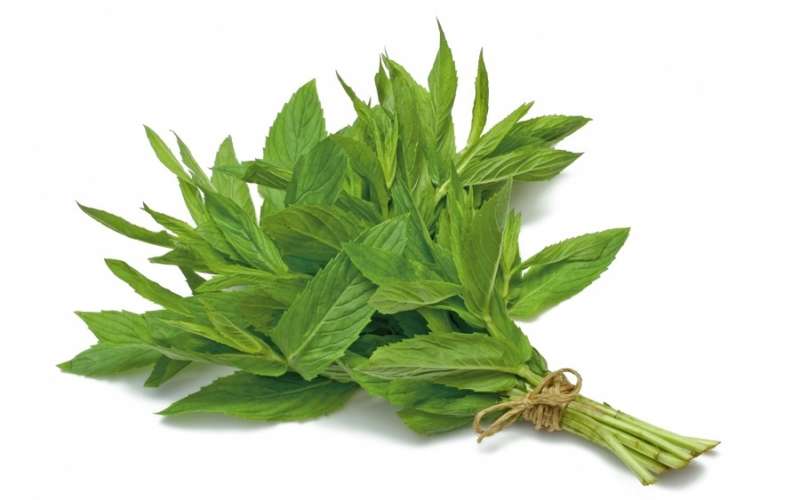I’m always telling my patients to embrace herbs in the kitchen. It’s an easy way to get more flavor on your fork, while simultaneously enjoying plenty of unique health benefits.
There is a huge variety of herbs to choose from that can be used in many different ways—minced and cooked within a meal, used as a garnish, sipped as therapeutic tea, or even incorporated into dishes as an extract—with each one containing special compounds that can aid the body from head to toe.
These three herbs are all part of the mint family, also called the Lamiaceae family, which includes other favourites like basil and lavender:
Thyme: This is one of the herbs that just tastes like the holidays, due to its frequent appearance in roasted turkey. Thyme contains an active compound called carvacrol, which can inhibit the inflammatory COX-2 enzyme, in a similar way to the resveratrol found in red wine. But by choosing thyme you can avoid the negative association of alcohol while still reaping those anti-inflammatory benefits. Thyme also contains antibacterial, antifungal, and anti-cancer properties.

Spearmint: A refreshing and energising herb in its own right, spearmint often takes a backseat to its more boisterous relative, peppermint. But many people find they enjoy the more subtle flavor notes of this member of the mint family, which of course comes with some amazing health benefits. Spearmint was found to improve working memory in both men and women with age-related memory decline, and a recent randomised, double-blind, placebo-controlled trial found that it also benefits young, healthy people through enhanced cognition such as increased focus and attention.

Rosemary: Used for centuries as a medicinal remedy, rosemary holds up to modern science as effective herbal therapy. It's known to be a rich source of antioxidants, fights inflammation, and also improves cognitive performance, similar to the effects of spearmint. Using just the aroma of rosemary has been linked to incereased speed and accuracy in cognition testing, and also improved mood. The active compound linked to this effect is 1,8-cineole, which can pass the blood-brain barrier and even prevent the breakdown of the neurotransmitter acetylcholine. Rosemary is a carminative, a class of herb that supports the digestive system by regulating gut contractions, relieving cramping, and reducing gas.

Including herbs in your diet is so important. It’s a great way to un-hijack your tastebuds, moving away from refined carbs, sugars, and poor-quality fats and into flavorful, complex taste profiles that will truly serve your health.

